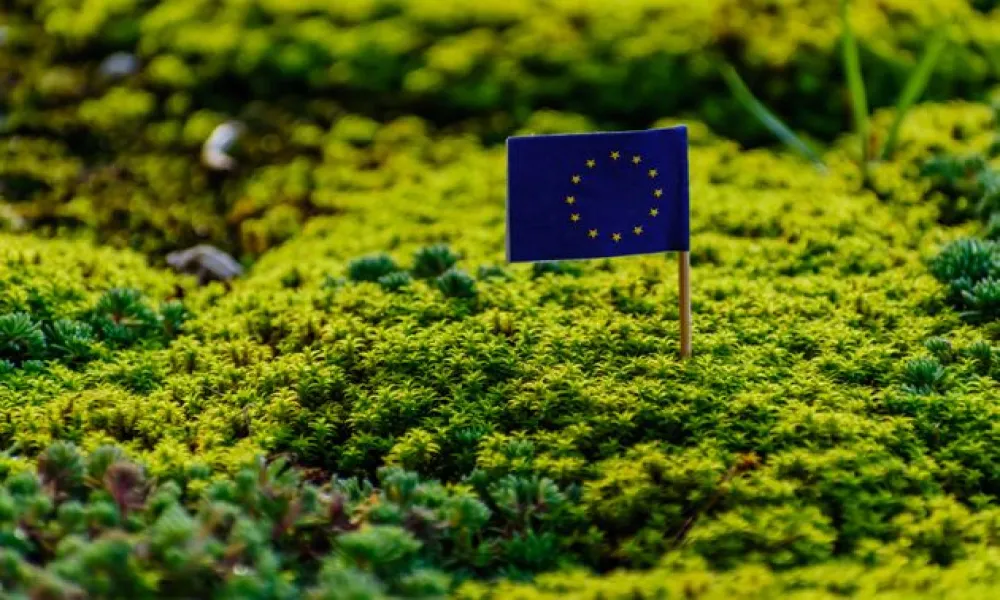Cyprus is facing persistent challenges in fully applying the European Union’s environmental legislation, according to the 2025 Environmental Implementation Review (EIR). The report highlights that the island’s difficulties are not purely technical but stem from political priorities, limited administrative capacity, scarce resources, and low civic engagement.
An EU official, speaking to Politis, said that “the report for Cyprus identifies several likely causes for weak implementation of environmental law, similar to those observed in other member states.” These include a lack of prioritisation of environmental protection within political agendas and ineffective enforcement mechanisms, especially at local level where limited human and financial resources hinder compliance. The official cited insufficient administrative capacity and funding for protected areas as a prime example of systemic weakness.
Further obstacles lie in integrating environmental protection across other policy areas such as agriculture, tourism, and spatial planning, as well as in the low levels of public awareness and participation.
A call for mindset change
The EIR aims to identify these gaps and propose solutions through technical assistance and stronger enforcement. The EU official underlined that the report also stresses the urgent need for a change in mindset, improved monitoring of implementation, and the simplification of rules where necessary to help national authorities comply.
Delays and non-compliance
Cyprus has long struggled with water management, including its obligation to legislate for controlling water use, as noted in the report. The country also delayed adopting and submitting its river basin management plans under the Water Framework Directive (WFD).
The European Commission is currently analysing Cyprus’s submissions, with final results expected by the end of the year. “The Commission will work with Cyprus and other member states on findings and recommendations through upcoming structured dialogues,” the official said. Preliminary analysis shows that Cyprus still lacks a comprehensive climate strategy, hampering its long-term resilience.
Rising climate risks
Cyprus faces growing climate threats, including recurrent droughts that strain water resources, public health, and infrastructure. The official noted that investments in water efficiency, wastewater treatment, and compliance with the Urban Waste Water Treatment Directive are now crucial. “To achieve sustainable water management, Cyprus can draw from EU Cohesion Policy funds for 2021-2027,” he added.
However, based on 2020 data, Cyprus remains non-compliant with the 1991 Urban Waste Water Treatment Directive. The Commission has formed informal expert groups to assist member states with both water directives. “These groups act as advisory bodies, providing guidance and technical expertise on implementation,” the official explained.
Air pollution concerns
In the context of the National Air Pollution Control Programme, the EIR urges Cyprus to take stronger measures to reduce emissions and ensure full compliance with the Air Quality Directive (AAQD), including its upcoming stricter standards. Member states are responsible for identifying the most effective measures to reach clean air targets.
The official also advised Cyprus to fully meet its obligations under the National Emission Reduction Commitments (NECD) and Emission Reduction Commitments (ERC), especially regarding sulphur dioxide (SO₂), where levels remain above the EU’s reduction limits.
EU support and next steps
Asked about the next steps for ensuring better implementation in Cyprus, the official said the European Commission will combine support, monitoring, and dialogue. Technical and financial assistance will be provided through instruments such as TAIEX-EIR Peer 2 Peer and the Technical Support Instrument, to address implementation gaps and drive reform.
The Commission will also continue to monitor Cyprus’s progress in key green priorities such as the circular economy, biodiversity, and zero pollution, offering further support to help the country meet its climate and environmental goals.
